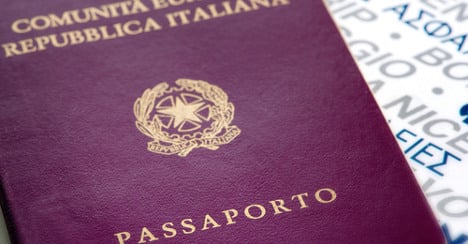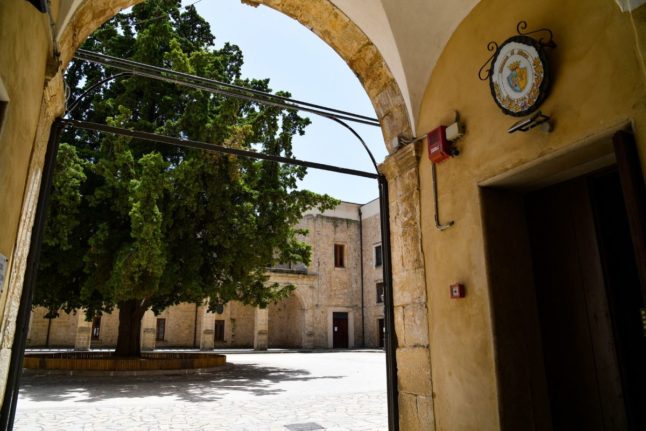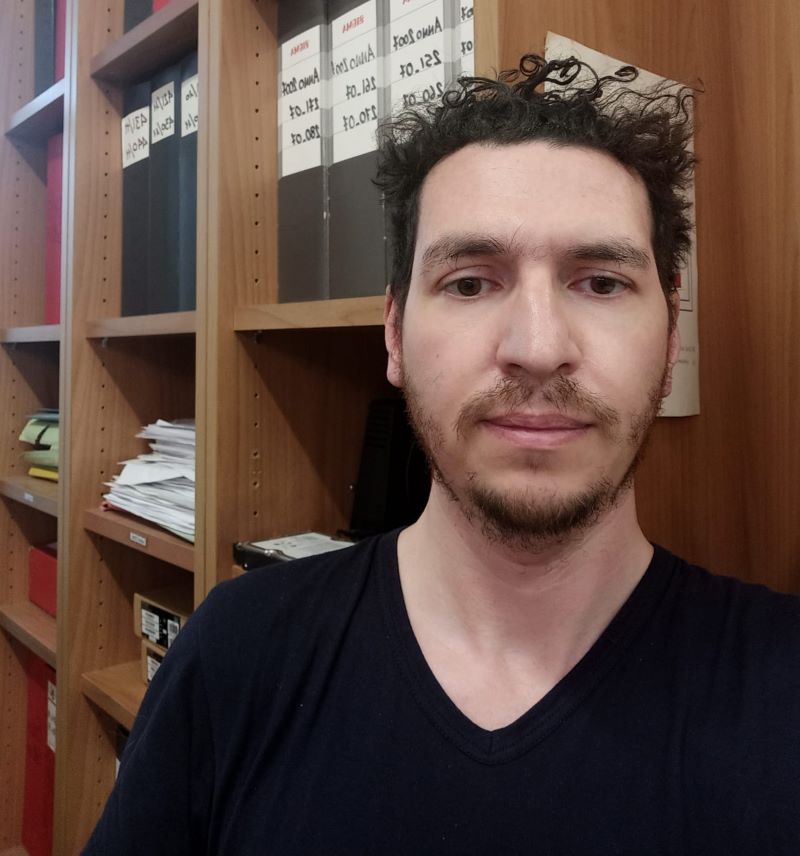Renzi said legislation would be introduced by the end of this year, in an interview on Canal 5 television late on Sunday, the day after an anti-immigration demonstration in Milan that attracted tens of thousands of people.
The bill would open the way for children born in Italy to foreign parents to acquire citizenship, as long as they attended primary or secondary school.
More than four million foreigners, over half of them from other European nations, live legally in Italy, according to the state statistics agency.
Italy is one of the European countries with the lowest fertility rates, with only 1.6 births per couple, well below the 2.1 needed to keep the population level steady.
In an enticement aimed at boosting the birthrate, Renzi also promised an €80 a month payout per newborn baby to households with annual incomes under €90,000.
The measure would be valid for three years.
Renzi also suggested a bill was on the way to allow civil unions between homosexuals, as permitted in Germany and France, but stopping short of gay marriages, which most Italians oppose.




 Please whitelist us to continue reading.
Please whitelist us to continue reading.
Member comments